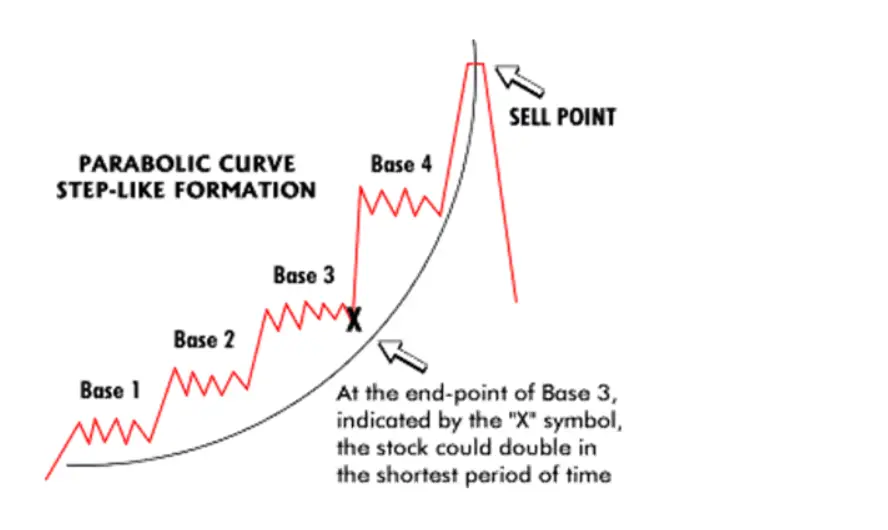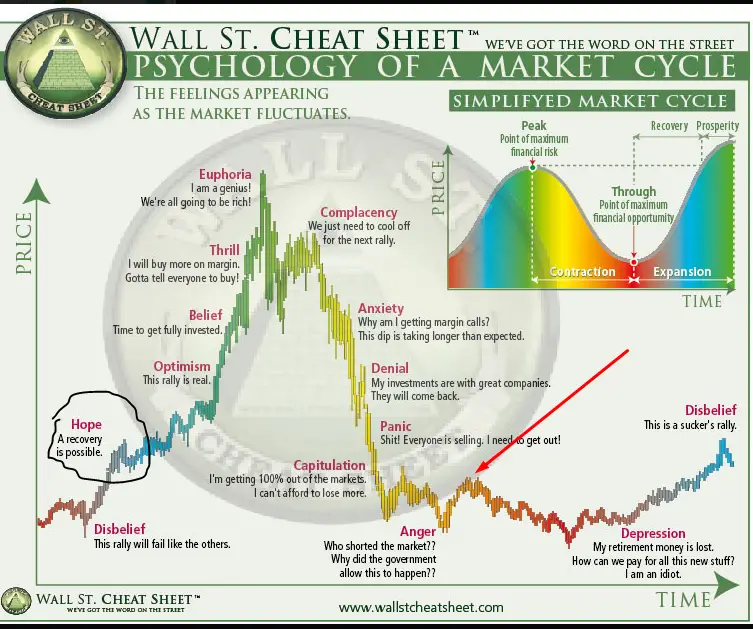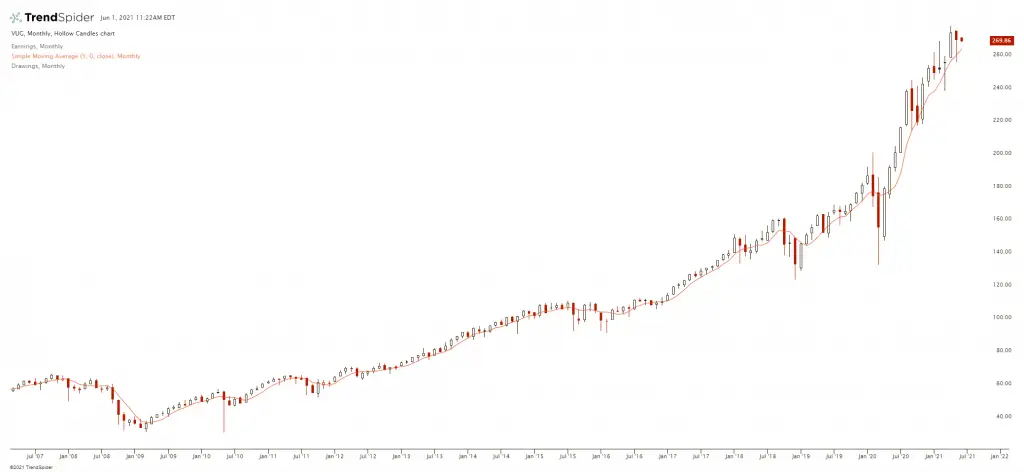Warren Buffett’s 10 Rules for Stock Picking
Warren Buffett’s investment philosophy has generated extraordinary returns for the Berkshire Hathaway portfolio over the decades. His approach combines quantitative analysis with qualitative judgment, focusing on long-term value creation rather than short-term market movements. The following ten rules distill his documented principles into actionable guidelines for stock selection: 1. Stay Within Your Circle of Competence […]
Warren Buffett’s 10 Rules for Stock Picking Read More »









